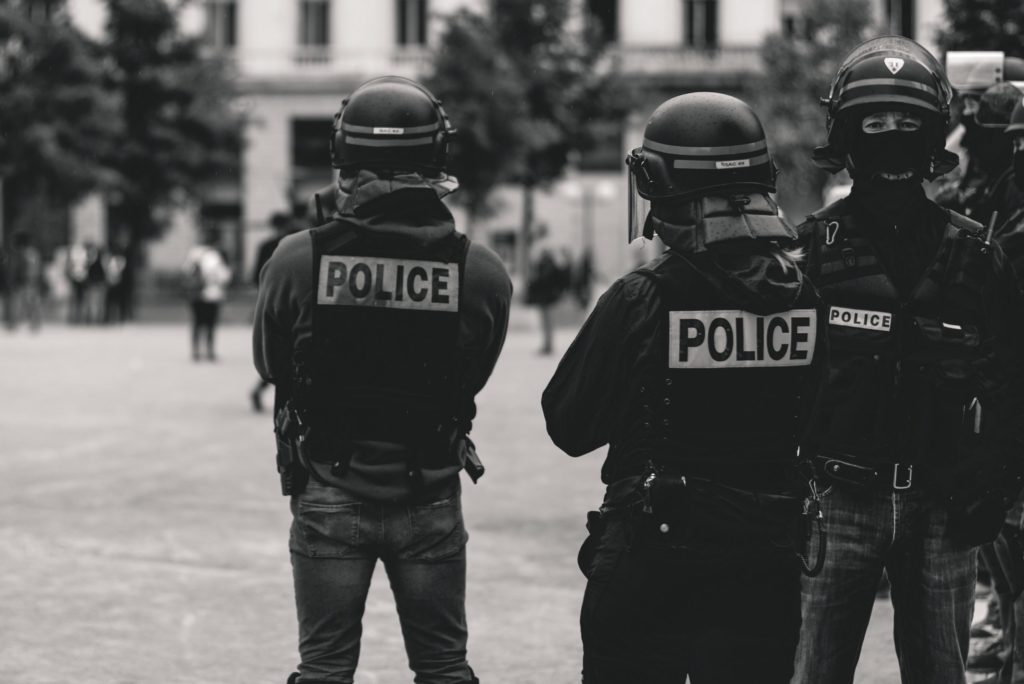How courts are holding law enforcement to an abysmal standard
If you care about the protection of civil rights and holding law enforcement accountable, you need to know about “Qualified Immunity”—a legal doctrine invented by the U.S. Supreme Court that prevents victims of police misconduct from holding officers accountable. Over at The Appeal, we have laid out the basics of Qualified Immunity in plain English. We also joined The Appeal Podcast for an episode on the topic of Qualified Immunity. Here’s an excerpt from our piece:

Ordinary people—whether they’re doctors, lawyers, or construction workers—are expected to follow the law. If they violate someone else’s legal rights, they can be sued and required to pay for the injuries they’ve caused.
Under the doctrine of qualified immunity, public officials are held to a much lower standard. They can be held accountable only insofar as they violate rights that are “clearly established” in light of existing case law. This standard shields law enforcement, in particular, from innumerable constitutional violations each year. In the Supreme Court’s own words, it protects “all but the plainly incompetent or those who knowingly violate the law.”
Qualified immunity permits law enforcement and other government officials to violate peoples’ constitutional rights with virtual impunity. Today, we hear about police shooting after police shooting where officers are rarely if ever held accountable by the criminal legal system, either because prosecutors decline to charge, because grand juries decline to indict, or because juries decline to convict.
Read the rest here.
